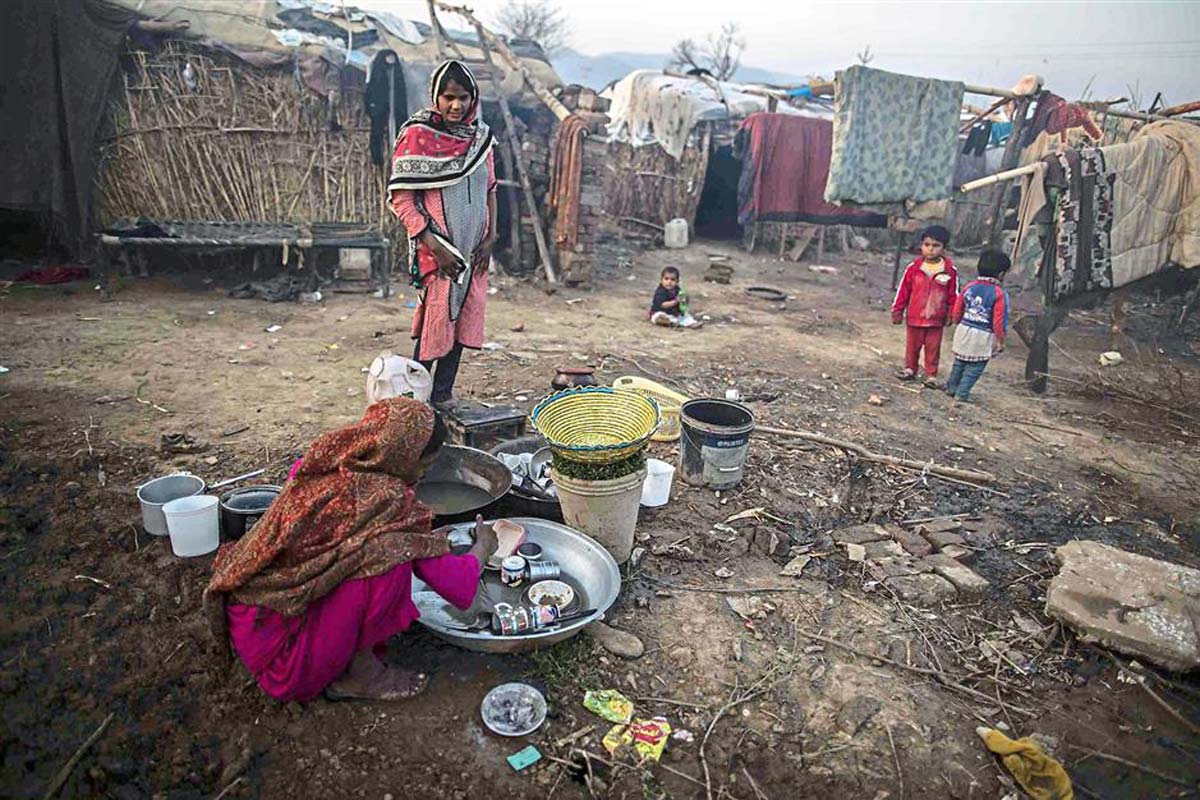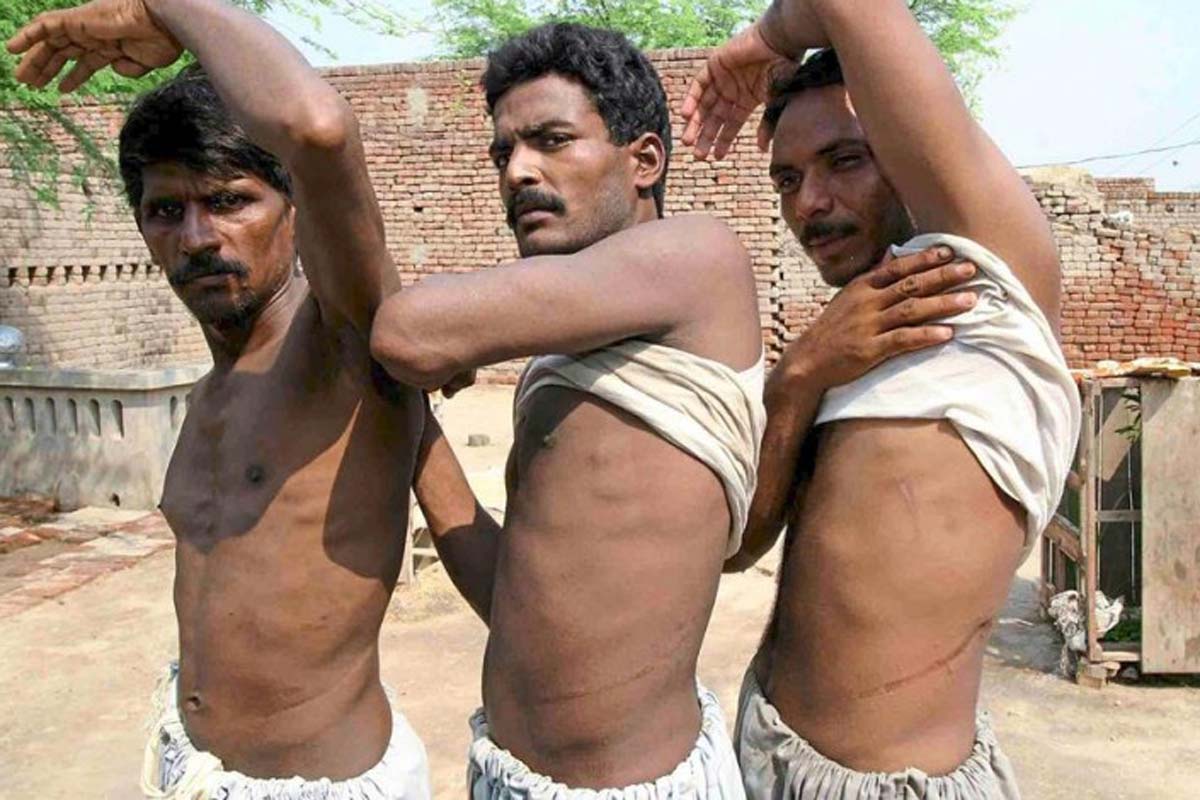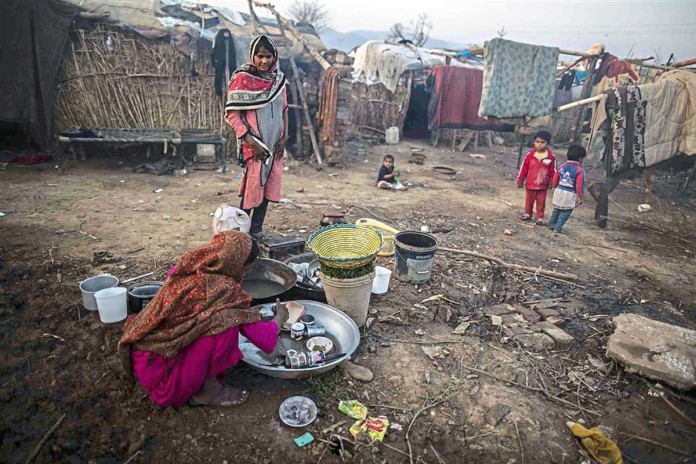For a hospital, this centre for kidney transplants in Rawalpindi, Pakistan, appears to hold a lot of secrets.
“No photography allowed,” reads a prominently displayed notice by the entrance. There are only about a dozen people in the waiting room. Leaning back against a two-seater is a young woman accompanied by a boy about six years old. Her hands are rough and calloused, and her complexion has a sunburnt look of someone who works outdoors all day.
The hospital staff asks that mobile phones be left outside with them before the patients go in to see the doctor. In his office, the transplant surgeon, wearing a flashy, diamond-edged gold watch, is in the midst of a consultation. The patient, who has developed liver problems, is referred to another doctor.
The surgeon agrees that charges for transplants are high. A seven-day package which includes medication, transplantation and hospital stay, costs 1.8 million Pakistani rupees (S$23,500), including 600,000 Pakistani rupees (S$7,800) if a donor is arranged from outside.
“Unrelated donors can become a complicated issue, and there are lots of legal aspects that we have to cover. Because of all this, the cost has gone up,” he said.
Organ trafficking is a practice that involves kidneys purchased from living donors. It was criminalised in Pakistan when the Transplantation of Human Organs and Tissues Ordinance was promulgated in 2007.
The ordinance briefly led to a steep drop in transplants using vended kidneys, estimated at around 2,000 per year earlier. In 2010, the National Assembly and Senate passed the Transplantation of Human Organs and Tissues Act.
The law lays emphasis on organ donation that is “voluntary, genuinely motivated, not under duress or coerced”. Contravention of the transplantation law is punishable with up to 10 years’ imprisonment and a fine of up to 1 million Pakistani rupees (S$13,000).
The 2010 law appeared to have brought down the number of illegal transplants, that is, until two or three years ago. Since then, several leading urologists in the country say that organ trafficking has once again become a flourishing racket.
Such transplant tourism, which refers to people coming to Pakistan to get transplants done with organs purchased on the black market, is the most lucrative sector of this racket with each transplant costing the patient around US$100,000 (S$136,000).

Because of the legal implications, particularly when such large sums of money are at stake, those involved go to great lengths to stay below the radar, including carrying out the transplants in temporary, rented premises.
About 200km from Rawalpindi is the town of Kot Momin. There is desperate poverty here, among the bonded labour that toils on the farms, at brick kilns and in the homes of the landowners.
These modern-day slaves work to pay off crushing debts in an opaque system of usury that ensures generations-long servitude. Such deprivation is the natural hunting ground of agents affiliated with hospitals that conduct illegal transplants seeking people desperate enough to sell their organs.
Halima, a young mother of seven, sold her kidney eight months ago for 180,000 Pakistani rupees (S$2,500). Her children have never been to school. Her family owes 400,000 Pakistani rupees (S$5,200) to the landlord on whose fields her husband works seven days a week.
“The operation took place at Rawalpindis IdilI hospital,” said Halima. “They kept me there for four days, and discharged me with some painkillers.”
Halima was unaware that she was in the third month of pregnancy at the time, and no one at the hospital informed her of the fact.
Ejaz, a bonded labourer working at a kiln in Lahore’s Batapur area, sold his kidney 18 months ago.
“I wanted to free myself of debt bondage, and when I came across someone who told me that I could sell my kidney, it seemed like a good idea,” said Ejaz. “So I went to a hospital in Lahore and had it done. The buyer was an Arab, and the hospital paid me 200,000 Pakistani rupees (S$2,600).”
The brick kiln owner took the money and informed Ejaz there was still 400,000 Pakistani rupees (S$5,200)outstanding against him. Ejaz remains at the kiln to this day.
The impunity with which the racket is carried out is no secret in the community of kidney specialists, both local and international. Various organs of the state, including the health bureaucracy, local government and police, all have a price for colluding in the racket.
Kishwar Zehra, who was one of the principal campaigners behind the transplantation law, has met scores of kidney donors in villages across Punjab. One incident still brings her to tears. In a village close to Kot Momin, she met a woman who narrated how she sold her kidney in Islamabad.
“Did you manage to pay off your debt?” Kishwar asked her.
“No,” said the woman. “Not yet.”
Then she glanced at her daughter next to her and said, “She’s too young right now. When she’s a few years older, I’ll sell her kidney. Maybe then we’ll be free.”






